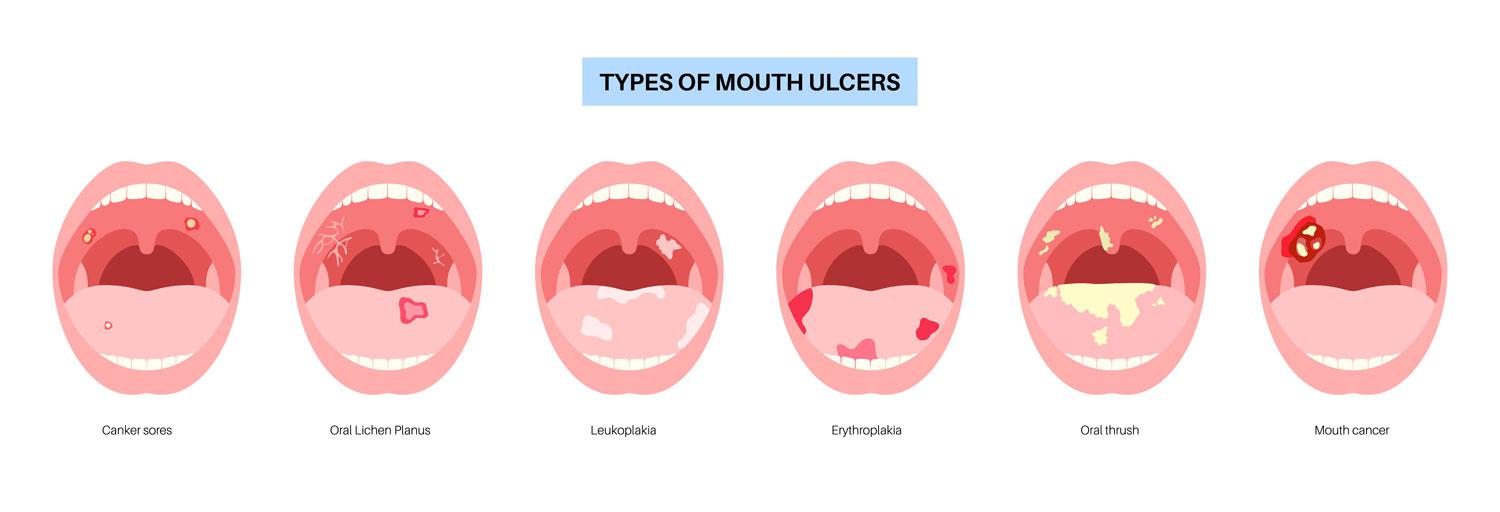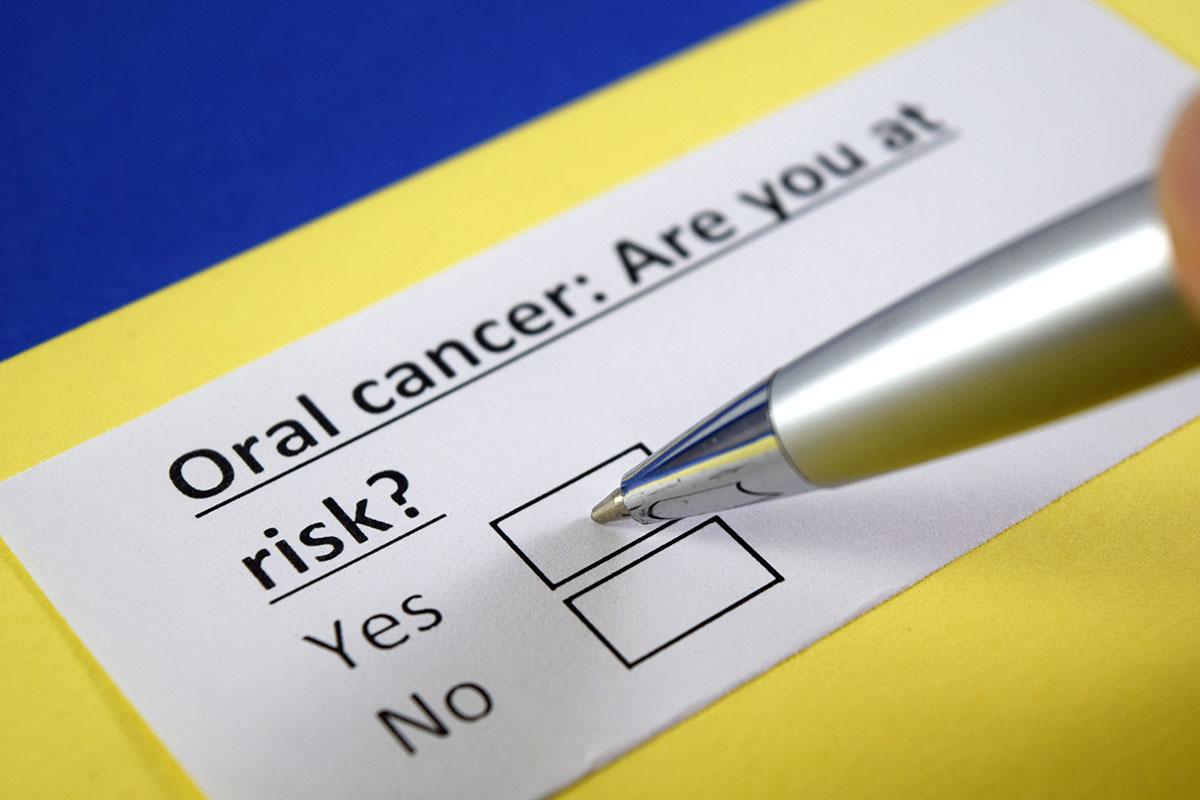Most of us know that brushing and flossing are essential for keeping our teeth bright and our breath fresh. But good oral hygiene goes far beyond just cosmetic benefits. The health of your mouth is deeply connected to your overall well-being, a concept known as the mouth body connection. Emerging research highlights a particularly serious link: the connection between poor oral hygiene and an increased risk of oral cancer.
Understanding this link is the first step toward prevention. While many factors contribute to oral cancer, the state of your mouth plays a significant role. At Mt. Diablo Family Dentists, we believe in empowering our Concord community with the knowledge to make informed decisions about their health. Let's explore what good and bad oral hygiene look like, define oral cancer, and examine the evidence connecting the two.
Understanding Oral Hygiene
Oral hygiene refers to the daily practices that keep your mouth clean and free of disease. It's more than just a quick brush in the morning; it's a comprehensive routine that protects your teeth and gums.
What is Good Oral Hygiene?
Good oral hygiene is your first line of defense against a host of dental problems. It involves a consistent daily routine:
- Brushing Twice a Day: Use a soft-bristled toothbrush and fluoride toothpaste to brush for at least two minutes, twice a day. This removes plaque and food particles that can lead to decay.
- Flossing Daily: Flossing cleans between your teeth and under the gumline, areas your toothbrush can't reach. This simple step is crucial for preventing gum disease.
- Using Mouthwash: An antiseptic mouthwash can help reduce bacteria, fight plaque, and freshen your breath.
- Eating a Balanced Diet: Limiting sugary foods and drinks helps prevent tooth decay. A diet rich in fruits and vegetables supports overall health, including your oral health.
- Regular Dental Check-ups: Visiting your dentist at least twice a year for cleanings and exams is essential. Professional cleanings remove tartar buildup, and check-ups can catch problems early.
What is Poor Oral Hygiene?
Neglecting these practices leads to poor oral hygiene. This can result in:
- Plaque and Tartar Buildup: When plaque isn't removed, it hardens into tartar, which can only be removed by a dental professional.
- Gum Disease (Gingivitis and Periodontitis): Chronic inflammation of the gums caused by bacteria can lead to bleeding, swelling, and eventually, tooth loss.
- Tooth Decay (Cavities): Bacteria in plaque produce acids that eat away at your tooth enamel.
- Chronic Bad Breath (Halitosis): This is often a sign of underlying dental issues.
These conditions create an environment in the mouth where more serious health problems, including oral cancer, can develop.
What Is Oral Cancer?
Oral cancer, or mouth cancer, refers to cancer that develops in any part of the oral cavity. This includes the lips, gums, tongue, inner cheeks, roof of the mouth, and the floor of the mouth. If not detected and treated early, it can be life-threatening.
Common symptoms of oral cancer include:
- Sores or ulcers that don't heal within two weeks
- Red or white patches in the mouth
- A lump or thickening of the skin or lining of the mouth
- Difficulty or pain when chewing or swallowing
- A persistent sore throat or feeling that something is caught in the throat
- Numbness in the tongue or other areas of the mouth
- Loose teeth or dentures that no longer fit well
Regular self-examinations and professional screenings are vital for early detection. During your routine dental visits, we perform a thorough oral cancer screening to check for any signs of abnormalities.

The Mouth Body Connection: How Hygiene Impacts Cancer Risk
The idea that our oral health impacts our entire body is not new, but scientific evidence continues to strengthen this mouth body connection. Several studies have explored the link between poor oral hygiene and oral cancer, revealing some compelling findings.
The main theory is that chronic inflammation, a hallmark of poor oral hygiene, creates an environment where cancer cells can thrive. When you have persistent gum disease (periodontitis), your mouth is in a constant state of inflammation. This chronic inflammatory response can damage cellular DNA over time, potentially leading to cancerous mutations.
Furthermore, certain types of bacteria that flourish in an unclean mouth are believed to play a role. For example, some studies suggest that bacteria like Porphyromonas gingivalis, a key player in periodontitis, may contribute to the development and progression of oral cancers by producing cancer-promoting substances.
A study published in the Journal of the National Cancer Institute found that individuals with poor oral hygiene and significant tooth loss had a higher risk of developing certain cancers, including those of the head and neck. While factors like smoking and alcohol consumption are major risk factors for oral cancer, poor oral hygiene appears to be an independent risk factor. This means that even in non-smokers, neglecting oral health can increase the risk.
Your Proactive Guide to Prevention
The good news is that you have significant control over this risk factor. An ounce of prevention is worth a pound of cure, and this is especially true when it comes to oral health.
Here are actionable steps you can take to maintain good oral hygiene and reduce your risk of oral cancer:
- Commit to a Solid Daily Routine: Make brushing for two minutes, twice a day, and flossing daily non-negotiable habits.
- Schedule Regular Dental Visits: Don't wait for a problem to arise. Regular check-ups and cleanings at Mt. Diablo Family Dentists are your best defense. We can spot issues you might miss and provide a professional oral cancer screening.
- Eat a Healthy, Balanced Diet: Reduce your intake of sugar and processed foods. Increase your consumption of fruits, vegetables, and whole grains.
- Avoid Tobacco and Limit Alcohol: Smoking and excessive alcohol use are the leading risk factors for oral cancer. Quitting tobacco and drinking in moderation can dramatically lower your risk.
- Perform Monthly Self-Exams: Look inside your mouth for any changes, such as sores, patches, or lumps. Use a bright light and a mirror to check all areas. If you notice anything unusual, schedule an appointment immediately.
Take Charge of Your Oral Health Today
The connection between your mouth and your body is undeniable. Maintaining good oral hygiene is not just about having a beautiful smile; it's a crucial component of your overall health and a powerful tool in cancer prevention. By understanding the risks associated with poor oral hygiene, you can take proactive steps to protect yourself.
At Mt. Diablo Family Dentists, we are your partners in health. We are committed to providing comprehensive, personalized care for our patients in Concord, CA. If you have concerns about your oral hygiene or want to schedule an oral cancer screening, don't hesitate to reach out. Your health is too important to wait.
Contact us today to book your appointment and take the first step toward a healthier mouth and a healthier you.



